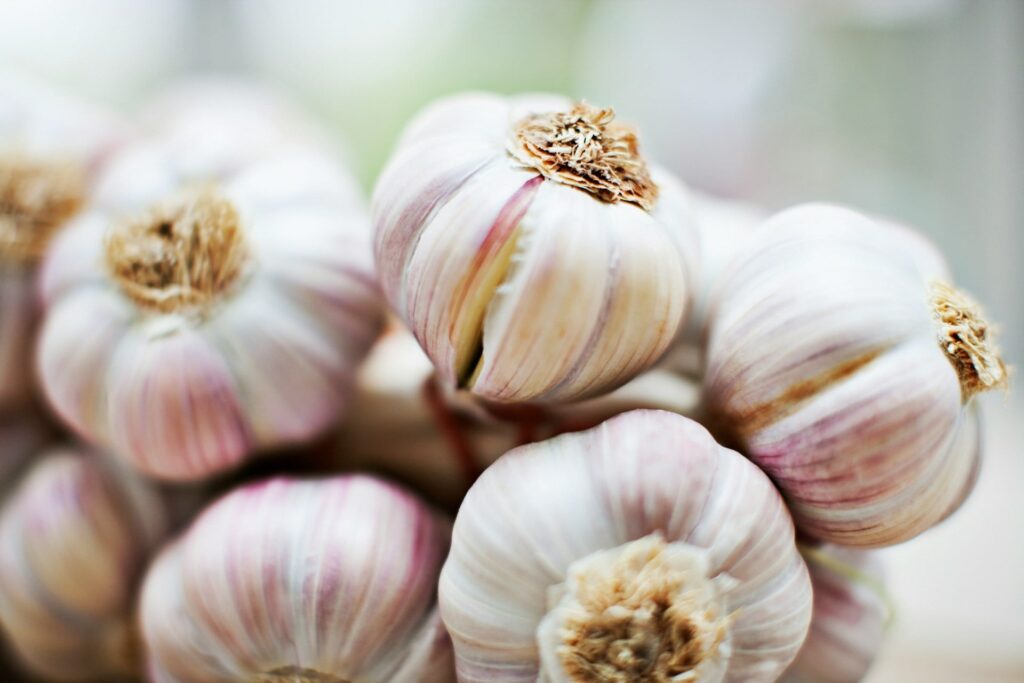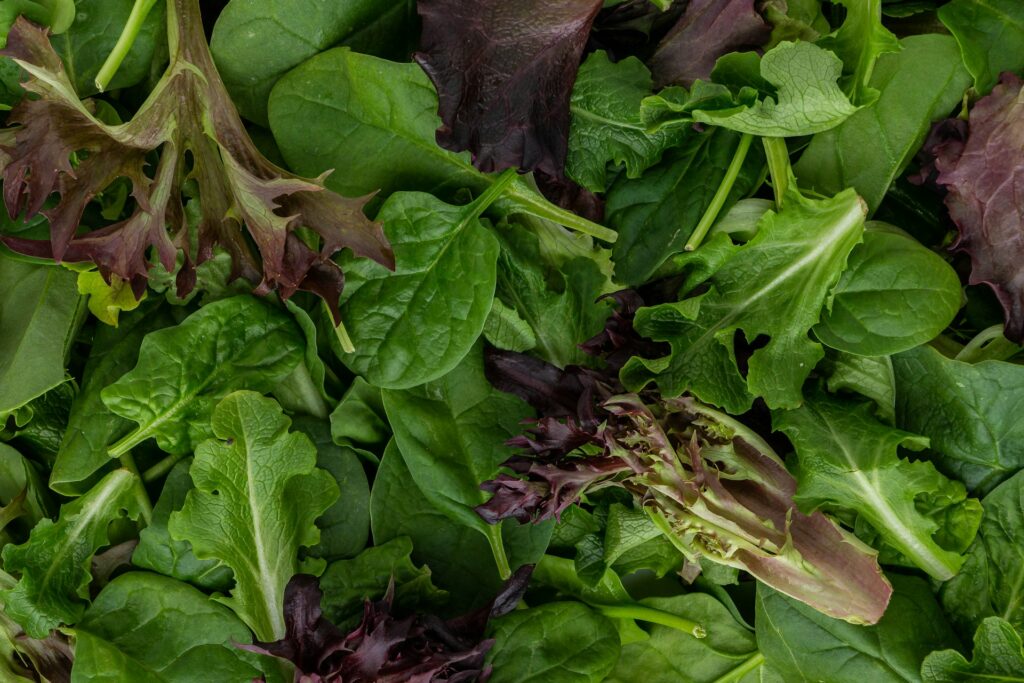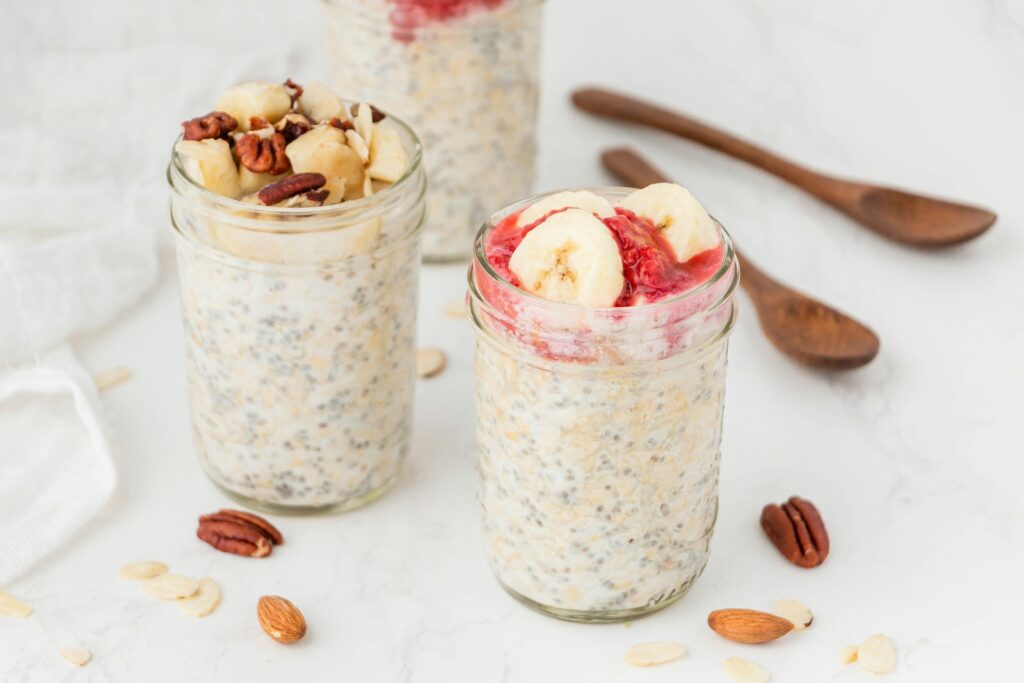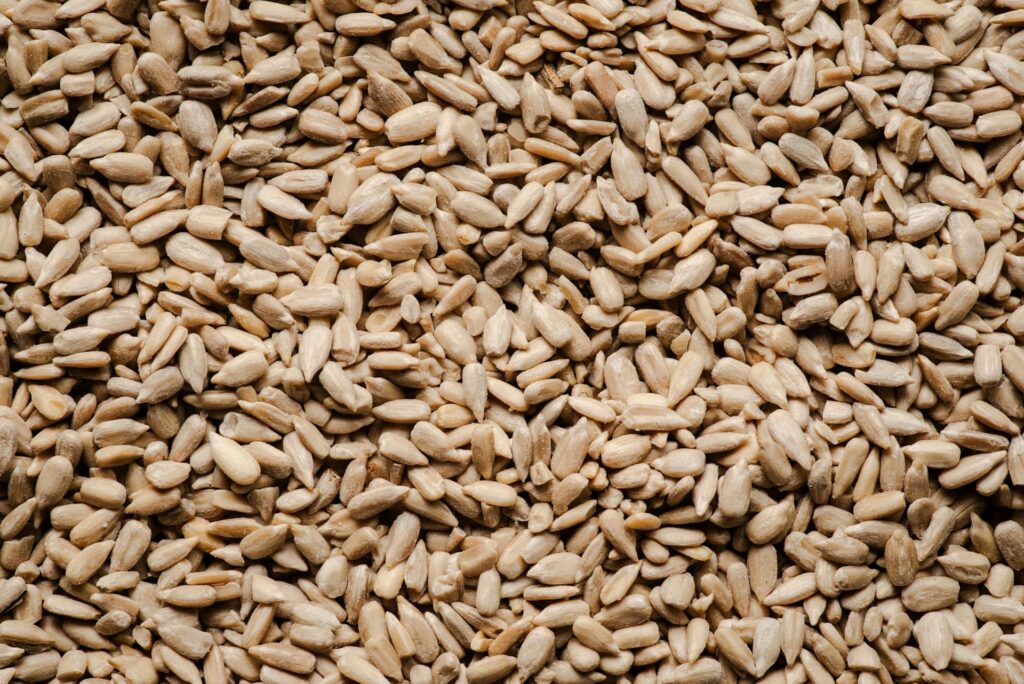
How To Keep From Getting Sick With 10 Superfoods
With cold and flu season in full swing, prioritizing your health is more important than ever. Understanding how to keep from getting sick is essential to maintaining your health and well-being during this time of the year. One of the most effective ways to support your immune system is through your diet. By incorporating these 10 superfoods, you can give your body the nutrients it needs to fight off illness effectively and stay strong all year long.
1. Citrus Fruits: A Natural Way to Keep From Getting Sick

Citrus fruits, such as oranges, lemons, grapefruits, and limes, are excellent sources of vitamin C. This essential nutrient boosts the production of white blood cells, which help fight infections. Moreover, vitamin C acts as a powerful antioxidant, protecting your cells from harmful free radicals.
How They Work:
- Increase white blood cell production.
- Protect cells from oxidative stress.
- Help shorten the duration of common colds.
Vitamin C helps prevent and manage respiratory and systemic infections by enhancing the body’s defenses. As an antioxidant, it combats free radicals, which can damage cells and impair immune function.
Since the human body cannot produce or store vitamin C, it is essential to regularly consume high-quality sources, especially during illness, to ensure optimal immune support (Food Sci Nutr, 2023).
Tips for Adding Citrus to Your Diet:
- Start your day with a glass of freshly squeezed orange juice or orang slices.
- Add lemon or lime juice to water or tea.
- Make a vibrant salad with veggies and bell peppers.
2. Garlic: A Proven Superfood to Help Keep From Getting Sick

For centuries, garlic has been valued for its potent antimicrobial properties. Its active compound, allicin, is known to combat bacteria and viruses effectively, which can help keep you from getting sick, especially during the cold and flu season.
Additionally, garlic enhances the activity of immune cells, helping your body respond more effectively to infections. Studies have also shown that regular garlic consumption can reduce the severity and duration of colds. Its anti-inflammatory properties help soothe symptoms like congestion and sore throat, making it a natural remedy for respiratory illnesses.
Also, garlic contains antioxidants that protect against oxidative stress, further supporting overall immune health. Adding garlic to your daily meals is an easy way to fortify your defenses year-round.
How Garlic Helps:
- Stimulates immune cell activity.
- Reduces the severity of colds and flu.
- Contains sulfur compounds that detoxify the body.
Research from The Journal of Nutrition confirms that garlic supports immune function and reduces infection frequency.
Easy Ways to Use Garlic:
- Add minced garlic to soups, salads and stir-fries.
- Mix it into homemade salad dressings.
- Roast whole garlic bulbs for a mellow, sweet flavor.
3. Ginger

Ginger is another powerhouse ingredient, packed with gingerol, a compound known for its anti-inflammatory and antimicrobial properties. It can help ease respiratory infections, reduce inflammation, and support your overall immune health. Beyond its immune-boosting benefits, ginger is also effective in soothing nausea, improving digestion, and relieving symptoms like sore throats and congestion.
Benefits of Ginger:
- Eases inflammation and soothes sore throats.
- Supports gut health, which is linked to immunity.
- Provides antioxidants that reduce cell damage.
The International Journal of Preventive Medicine highlights ginger’s ability to strengthen the immune response while reducing oxidative stress.
Ideas for Including Ginger:
- Brew fresh ginger tea with honey and lemon.
- Add grated ginger to marinades or stir-fries.
- Blend it into smoothies for a spicy kick.
4. Leafy Greens

Spinach, kale, and Swiss chard are nutrient-dense foods packed with vitamins A, C, and E, along with essential minerals like zinc and magnesium. These nutrients are crucial for immune cell production and reducing inflammation that can keep you from getting sick.
Why They’re Great for Immunity:
- Vitamin A fortifies mucosal barriers to block pathogens.
- Antioxidants repair cell damage.
- Zinc supports white blood cell development.
Ways to Enjoy Leafy Greens:
- Toss them into salads with a tangy citrus vinaigrette.
- Blend spinach or kale into a morning smoothie.
- Sauté greens with garlic and olive oil for a quick side dish.
5. Yogurt with Probiotics

A healthy gut is a cornerstone of a strong immune system, which is key to not getting sick. In fact, approximately 70% of the immune system resides in the gut, where beneficial bacteria play a crucial role in regulating immune responses and preventing harmful pathogens from taking hold.
Yogurt containing live active cultures provides probiotics that balance gut bacteria, improving digestion and fortifying the body’s defenses against infections. Regular consumption of probiotic-rich foods like yogurt can enhance the production of immune-regulating cytokines and help maintain overall health.
How It Works:
- Promotes a balanced gut microbiome.
- Enhances the production of immune-regulating cytokines.
- Reduces inflammation in the digestive system.
Research shows the probiotics in yogurt can strengthen the immune response and help your body resist infections.
Tips for Choosing Yogurt:
- Opt for plain, unsweetened yogurt with live active cultures.
- Add berries, nuts, or honey for extra immune benefits.
6. Omega-3 Fatty Acids

Fatty fish, like salmon and sardines, are rich in omega-3 fatty acids. These healthy fats reduce inflammation, support immune cell membranes, and enhance T-cell function. For those who consume a plant-based or vegan diet, be sure to include plant sources of omega -3 fatty acids like chia seeds, algal oil, hempseeds, walnuts, and flaxseeds to your diet.
Why It’s Essential:
- Reduces chronic inflammation.
- Strengthens immune cell membranes.
- Supports brain and heart health.
A study in International Journal of Molecular Science shows that omega-3 fatty acids can modulate the immune system and reduce infection risks.
How to Include It:
- Grill or bake salmon with herbs and lemon.
- Add mackerel to salads or sandwiches.
7. Nuts and Seeds

Almonds, sunflower seeds, and pumpkin seeds are small but mighty. They’re packed with vitamin E, an antioxidant that protects immune cells, and zinc, which aids in the development of infection-fighting cells.
How They Help:
- Protect cells from oxidative damage.
- Strengthen the skin’s barrier against pathogens.
Zinc can be considered as a gatekeeper of the immune system, since the adequate function of virtually all immune cells is highly zinc-dependent.
Snack Ideas:
- Create a trail mix with almonds and sunflower seeds.
- Sprinkle pumpkin seeds on salads or yogurt.
8. Green Tea

Green tea is loaded with catechins, powerful antioxidants that combat free radicals. It also contains L-theanine, an amino acid that supports T-cell function and provides a calming effect.
Key Benefits:
- Reduces oxidative stress.
- Enhances immune cell activity.
- Hydrates the body.
Recent research underscores green tea’s role in bolstering immunity.
Best Way to Enjoy:
- Sip on hot green tea throughout the day.
- Add a splash of lemon and a drizzle of honey for extra flavor.
9. Turmeric: Anti-Inflammatory Gold

Turmeric’s active ingredient, curcumin, is a potent anti-inflammatory and antioxidant. It helps regulate the immune response and combat infections by reducing inflammation in the body.
How It Supports Immunity:
- Reduces chronic inflammation.
- Enhances cell communication to fight pathogens.
Research supports curcumin’s ability to modulate immune system activity.
Ways to Use Turmeric:
- Stir turmeric into soups or stews.
- Enjoy a cup of golden milk before bed.
10. Berries

Berries, such as blueberries, strawberries, and elderberries, are rich in vitamin C and polyphenols. These compounds protect cells from damage and support antiviral defenses.
Why They’re Effective:
- Neutralize harmful free radicals.
- Boost the body’s antiviral response.
A 2020 study in Nutrients highlights elderberries’ ability to reduce flu symptoms.
Easy Ways to Add Berries:
- Blend them into smoothies.
- Sprinkle berries over yogurt or oatmeal.
Keep In Mind
Food is like medicine, you need to consume a variety of these nutrient-dense foods daily for them to work effectively, just as medicine must be taken regularly to be effective.
By incorporating these 10 powerful foods into your diet, you can naturally enhance your immune system and protect your health year-round. Small changes in your daily meals can make a big difference in how your body fights infections and stays resilient.
Want to learn how to easily incorporate more nutrient-dense foods into your diet? Schedule a consultation with our nutrition experts today and start your journey to living a healthier, happier life.
